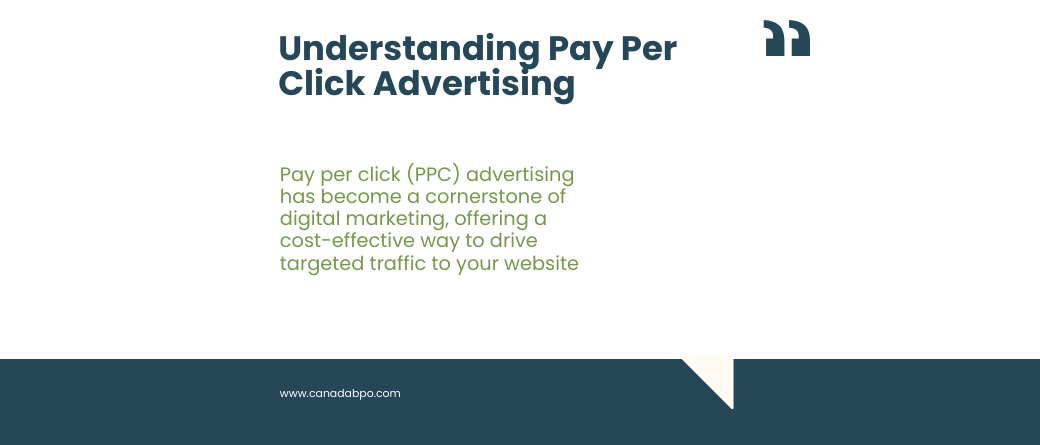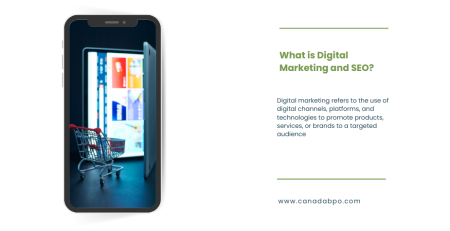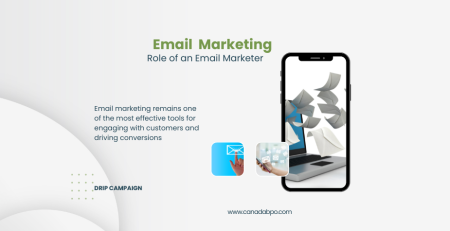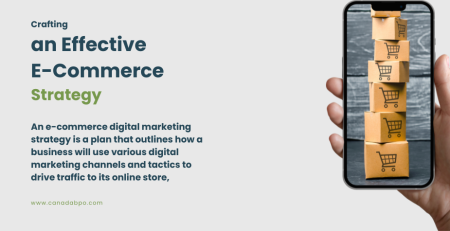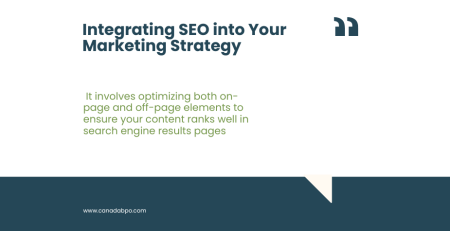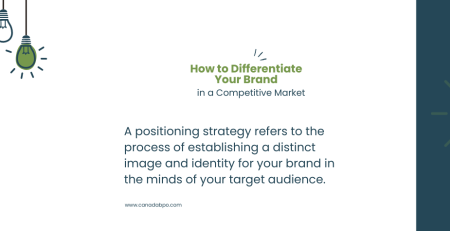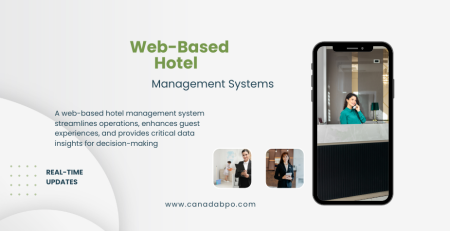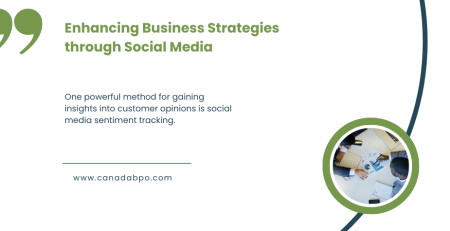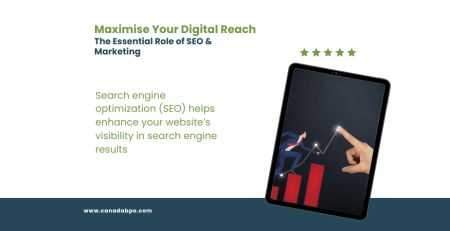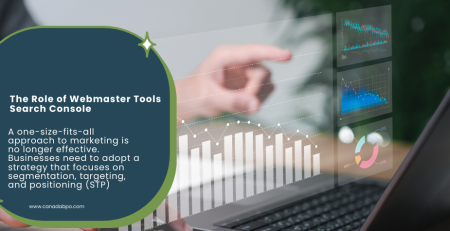Pay per click (PPC) advertising has become a cornerstone of digital marketing, offering a cost-effective way to drive targeted traffic to your website. In this blog post, we will explore what PPC is, how pay per click advertising works, and why it is an essential component of a successful marketing strategy.
What Is Pay Per Click (PPC)?
Understanding the fundamentals of PPC is crucial for leveraging its benefits. This section will cover:
- Definition of Pay Per Click (PPC):
- Basic Concept: An overview of PPC, where advertisers pay a fee each time their ad is clicked.
- How It Works: Explanation of the PPC model, including bidding systems and ad placement.
- PPC Advertising Platforms:
- Google Ads: Insights into the most popular PPC platform, including how it operates and its key features.
- Social Media PPC: Overview of PPC opportunities on social media platforms like Facebook, LinkedIn, and Instagram.
- Other PPC Platforms: A look at additional platforms where PPC advertising is utilized, such as Bing Ads and Yahoo Ads.
What Is Pay-Per-Click Advertising?
Diving deeper into PPC advertising, this section will explain how it functions and its key components:
- How Pay Per Click Advertising Works:
- Ad Auction: Explanation of the auction process, where advertisers bid for ad placements based on keywords and other criteria.
- Ad Rank and Quality Score: Understanding how ad rank and quality score affect ad placement and cost.
- Cost Per Click (CPC): How CPC is determined and its impact on advertising budgets.
- Creating Effective PPC Ads:
- Ad Copy and Design: Tips for crafting compelling ad copy and designing eye-catching ads that drive clicks.
- Keyword Selection: Strategies for selecting relevant keywords to target the right audience.
- Landing Pages: The importance of optimizing landing pages to convert clicks into customers.
Benefits of Pay Per Click Advertising
PPC advertising offers several advantages that can enhance your marketing efforts. This section will explore:
- Immediate Results:
- Quick Traffic Generation: How PPC can deliver immediate traffic to your website compared to organic methods.
- Instant Visibility: The benefit of gaining visibility in search engine results and social media feeds.
- Targeted Advertising:
- Audience Targeting: How PPC allows for precise targeting based on demographics, interests, and behavior.
- Geographic and Temporal Targeting: Utilizing location-based and time-based targeting to reach specific audiences.
- Cost Control and Flexibility:
- Budget Management: How to set and manage budgets to ensure cost-effectiveness.
- Adjustable Campaigns: The ability to adjust PPC campaigns in real-time based on performance and budget.
Measuring and Optimizing PPC Campaigns
To maximize the effectiveness of PPC advertising, it’s important to track performance and make data-driven decisions. This section will cover:
- Key Metrics to Track:
- Click-Through Rate (CTR): Measuring the effectiveness of your ads in driving clicks.
- Conversion Rate: Tracking how well your ads convert clicks into desired actions.
- Return on Ad Spend (ROAS): Calculating the revenue generated from your PPC campaigns relative to the cost.
- Optimizing PPC Campaigns:
- A/B Testing: Using A/B testing to experiment with different ad variations and improve performance.
- Keyword Refinement: Continuously refining your keyword strategy based on performance data.
- Ad Adjustments: Making adjustments to ad copy, targeting, and bidding strategies to enhance results.
Best Practices for Successful PPC Advertising
To achieve the best results from your PPC campaigns, follow these best practices:
- Setting Clear Objectives: Define clear goals for your PPC campaigns to guide strategy and measurement.
- Conducting Thorough Research: Invest time in researching keywords, competitors, and audience behavior.
- Regular Monitoring and Reporting: Continuously monitor campaign performance and generate reports to track progress and identify areas for improvement.
Understanding what pay per click is and how pay per click advertising works is essential for leveraging its benefits in your marketing strategy. By applying best practices, tracking performance, and optimizing your campaigns, you can effectively drive targeted traffic and achieve your advertising goals.
Ready to start leveraging pay-per-click advertising to boost your marketing strategy? Contact us today to learn how our expertise can help you create and manage successful PPC campaigns that drive results.
